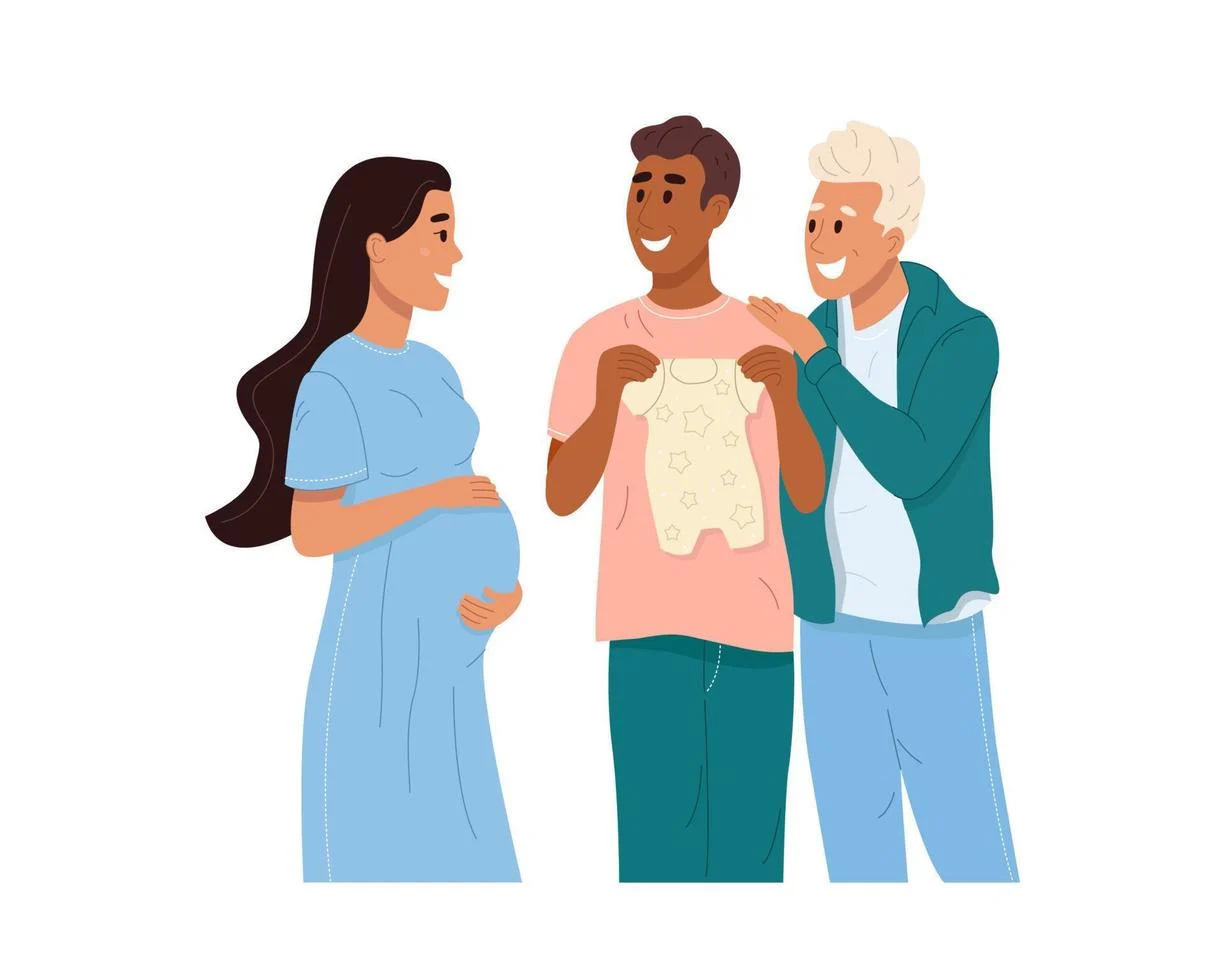It’s great to see that there’s an increasing awareness of postpartum depression, thanks to the efforts of bloggers, social media influencers, and well-known moms sharing their journeys. However, many women still don’t receive the help they need. Recent recommendations from the U.S. Preventive Services Task Force suggest that all women should be screened for depression not only after giving birth but also during pregnancy.
This marks a significant shift in guidelines, as previous recommendations from 2002 and 2009 focused solely on new mothers. Dr. Emily Carter, one of the contributors to these new guidelines, highlighted to the New York Times that research shows women diagnosed and treated for depression during pregnancy experience better outcomes.
According to the panel, depression is the leading cause of disability among adults, affecting about nine percent of pregnant women and ten percent of new mothers who will experience at least one major depressive episode. Alarmingly, a survey by BabyCenter found that 40 percent of women do not seek help for postpartum depression, leaving many feeling isolated and unacknowledged.
Recognizing Depression
Recognizing depression can be challenging, especially for those who have never experienced it before. Many women think emotional ups and downs are just part of pregnancy or motherhood. It’s crucial for healthcare providers to ask the right questions and create an open dialogue about mental health.
I went through my first pregnancy battling untreated anxiety and depression for months after my daughter was born. I didn’t realize how severe my feelings were; I convinced myself my emotional struggles were just stress or hormonal changes. Once I sought help, I recognized how long I’d been suffering and that my issues began long before I welcomed my baby.
The Importance of Routine Screenings
Implementing routine depression screenings during pregnancy could help countless women seek help sooner and avoid missing precious moments with their little ones due to feelings of hopelessness. These recommendations might seem minor to some, but for those of us who have faced untreated depression, they represent a hopeful change in how we address maternal mental health. It’s my sincere wish that doctors adopt these screening practices both during and after pregnancy as standard procedure.
For more insightful information on pregnancy, check out this article about infertility resources. Also, if you’re interested in optimizing fertility, consider exploring this fertility booster for men for additional support. And if you want to dive deeper into this topic, you can read more on our blog about screening recommendations here.
Conclusion
In summary, the recent push for depression screening in pregnant women is a much-needed step forward in maternal healthcare. By recognizing and addressing mental health concerns during pregnancy, we can improve outcomes for mothers and their babies alike.
